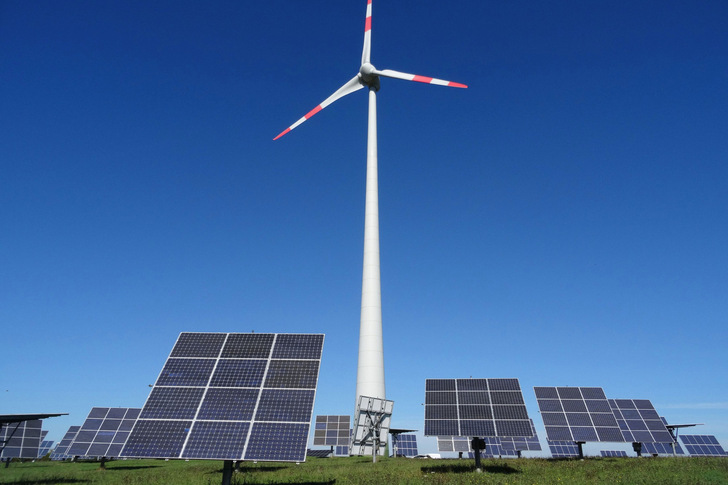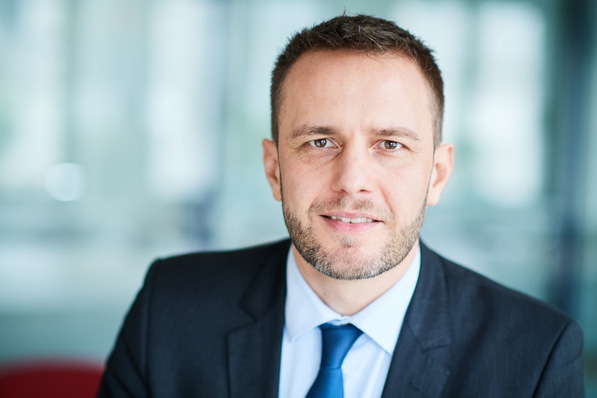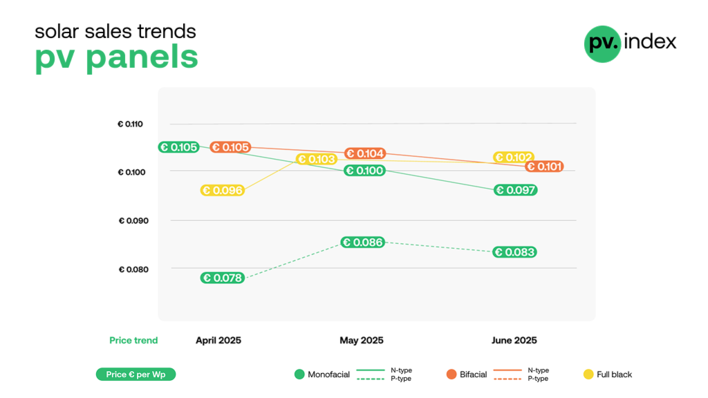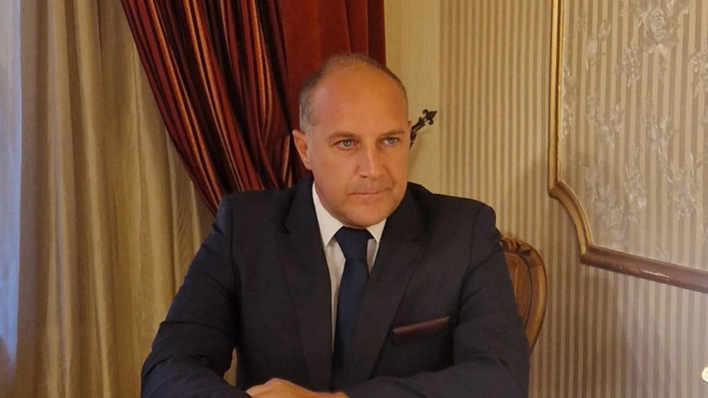The EU and Switzerland have set themselves the goal of becoming climate-neutral by 2050. In order to reach the expansion corridor of green energy plants required for this, at least 604 billion euros must be invested in these countries in the next two years - 302 billion euros per year. This is the result of a meta-study by the Swiss Federal Institute of Technology (ETH) in Zurich.
The first author of the meta-study, Lena Klaassen, evaluated 56 technology and investment studies from industry, academia and the public sector. She focused on the states of the EU, but also took into account data on the United Kingdom, Norway and Switzerland. "Compared to recent years, investment in green infrastructure needs to increase by 87 billion per year and as fast as possible," Klaassen sums up her findings. "That's over a third more than we've seen so far."
75 billion for solar and wind power
Given the size of the European stock and bond markets, the money is there. The challenge, however, is to set the necessary political course quickly enough so that the capital flows into the right projects. The most significant increase in the need for investment is in renewable power generation. "In order to drive forward the decarbonisation of all areas of life, around 75 billion a year will have to flow into solar and wind power plants in the next few years. That is 24 billion more per year than in the recent past," explains Bjarne Steffen, Professor of Climate Finance at ETH Zurich and co-author of the study.
See also: Perovskite tandem cells with good environmental performance
Klaassen and Steffen see a similar need for investment in the expansion of distribution grids and railways. Compared to the period from 2016 to 2020, 40 to 60 per cent more must be invested in these areas. In the area of railways, the main focus is on pushing electrification and shifting more traffic from road to rail.
Stop pumping money into fossil fuels
It is important that fossil fuels such as coal and oil, but also gas and nuclear power, tie up less capital, which would then be lacking for the expansion of renewables. However, this expansion is necessary if Europe wants to escape its dependence on Russian gas. For this alone, annual investments of about ten billion euros are necessary to build more solar and wind power plants. However, the investments in the old energy industry would no longer be necessary if the energy transition were pursued consistently. This is because the need for investment in conventional energies will fall by 70 per cent in the next few years.
Setting the right political framework
But some things also need to happen politically in order to have more capital available for the rapid expansion of green infrastructure. "Political measures should be tailored to financing in those sectors where there is the greatest need for investment," explains Lena Klaassen. This is not a given today, she adds. For example, existing regulations in the EU focus on the identification of sustainable securities, although important climate-relevant infrastructures are not financed through stock markets at all, Klaassen criticises.
Also interesting: Electric aircraft e-Sling takes to the skies
Finally, the expansion of renewable energies is often made possible by private investors such as pension funds and banks. The public sector should therefore minimise their risk through revenue guarantees and through approval procedures that are as fast and predictable as possible. In addition, public investment in new technologies, such as CO2 storage, can help to encourage private investors to venture into these areas. (su/mfo)








